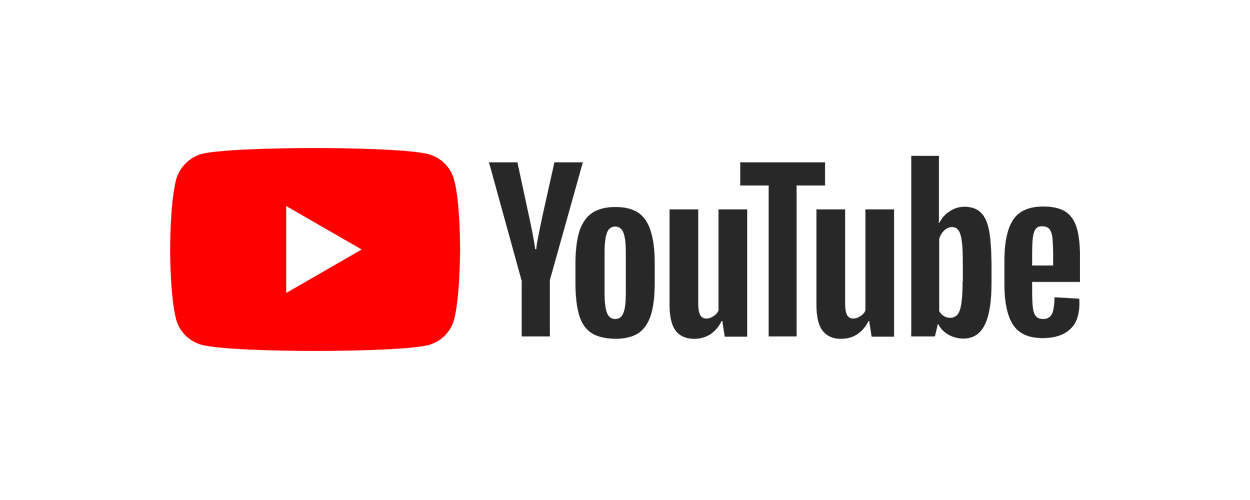This website uses cookies so that we can provide you with the best user experience possible. Cookie information is stored in your browser and performs functions such as recognising you when you return to our website and helping our team to understand which sections of the website you find most interesting and useful.
Business News Digital Labels & Publishers Legal
YouTube boss takes her article thirteen griping to the FT
By Chris Cooke | Published on Tuesday 13 November 2018

Google execs continue to sneak article thirteen gripes into many of their communications. Yesterday YouTube CEO Susan Wojcicki even snuck some article thirteen griping into an op-ed piece for the Financial Times all about article thirteen. Super sneaky.
“Creators have used YouTube to share their voices, inspire their fans and build their livelihoods”, Wojcicki declared. “We have worked hard to ensure creators and artists are fairly compensated for their work. However, this creator economy is under threat from a section of the EU’s efforts to revise its copyright directive, known as article thirteen, which holds internet companies directly responsible for any copyright infringement in the content shared on their platform”.
Article thirteen, of course, seeks to reform the copyright safe harbour, which says that internet companies cannot be held liable when their users use their servers or networks to distribute content without licence.
The music industry argues that companies like YouTube have exploited the safe harbour to force record companies, music publishers and collecting societies into deals that pay much lower royalties. Article thirteen of the European Copyright Directive would increase the liabilities of user-upload sites like YouTube which, music rights owners hope, would force the Google video site to enter into deals more in line with those of Spotify and Apple Music.
YouTube, however, argues that article thirteen will have unintended consequences. “The European Parliament’s current proposal will create unintended consequences”, Wojcicki wrote in her piece for the FT, “that will have a profound impact on the livelihoods of hundreds of thousands of people”.
It’s well known that Google has been lobbying hard to have article thirteen cut or watered down. Earlier this year, a lot of the web giant’s efforts went on supporting grassroots campaigners who declared that the proposed copyright reforms would kill the internet as we know it.
That strategy initially worked – with the European Parliament voting down the directive in July – but there was then a backlash over a major corporation hiding behind grassroots campaigners. Google and its allies were also accused of employing dodgy tactics to exaggerate public concerns over the proposed copyright reforms.
With a big push from the music industry over the summer, Parliament then passed the directive and article thirteen in September.
A final version of the directive is now being agreed by the Parliament, the European Commission and the EU Council, which is why Google and YouTube continue to speak out, now pushing their own people much more to the fore. Though those execs continue to present themselves as champions of the small-time creators who are finding an audience and building a business on YouTube.
Wojcicki’s latest intervention also takes a swipe at the music industry’s never-ending music rights data problem, arguing that bad and missing data will make it impossible for a company like YouTube to meet its new obligations under article thirteen. Because videos uploaded to its platform routinely contain music owned by multiple parties, not all of whom are easy to identify, and some of which might disagree about who owns what.
“Take the global music hit ‘Despacito'”, Wojcicki writes. “This video contains multiple copyrights, ranging from sound recording to publishing rights. Although YouTube has agreements with multiple entities to license and pay for the video, some of the rights holders remain unknown”.
She goes on: “That uncertainty means we might have to block videos like this to avoid liability under article thirteen. Multiply that risk with the scale of YouTube, where more than 400 hours of video are uploaded every minute, and the potential liabilities could be so large that no company could take on such a financial risk”.
That, Wojcicki threatens, means that article thirteen won’t just hit the YouTubes of the world in the pocket, but also negatively impact the creators and viewers who currently upload and stream on the Google site.
For its part the music industry argues that YouTube is misrepresenting and exaggerating the potential impact of article thirteen. It reckons that, through technology and licensing deals, a company like YouTube would be able to deal with any new liabilities. The copyright reforms, therefore, would just mean the Google business investing more of its revenues into content and content management.
YouTube, obviously, does not concur. Wojcicki wants some last minute edits to article thirteen so that it “protects rightsholders while also allowing the creative economy to thrive”.
“This”, she explains, “could include more comprehensive licensing agreements, collaboration with rights holders to identify who owns what, and smart rights management technology, similar to Content ID. Platforms that follow these rules, and make a good effort to help rights holders identify their content, shouldn’t be held directly liable for every single piece of content that a user uploads”.
The griping, and the lobbying, continues.





